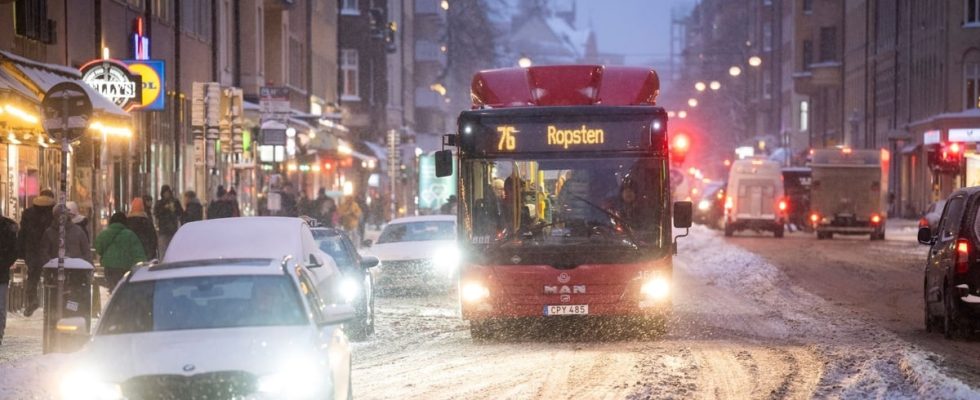At the beginning of December, we Swedes experienced a real cold snap, and the cold weather also reached Norway.
This led to a large number of disruptions in bus traffic in Oslo, which is largely served by electric buses. In total, they were forced to cancel between 50 and 90 departures due to the problems.
Norwegian TV2 quickly reported on its site Broom that it was because the electric buses simply cannot cope with the cold. This would mainly be due to the cold weather having too much of a negative impact on the range of the electric buses.
Despite the strike: Tesla doubles sales in Sweden by 2023
Got rapid spread
The news that the electric buses do not work in cold weather spread quickly in the Norwegian media.
The reports were about electric buses not working in winter, that the operator Ruter was surprised by the effect of the cold on the range, and that electric buses are a bad investment.
This may seem worrying from a Swedish perspective, as hundreds of electric buses will begin to operate in our cities in the coming years.
Tip: How to extend the electric car’s range in winter
The chargers were the problem
Elbil.no decided to look into the matter more closely, and contacted the bus operator Ruter to ask if the range of the buses is actually a problem in winter.
The answer received from the communications manager Cathrine Myhren-Haugen was that the range is certainly reduced in the winter, but that the timetables are adjusted and to be able to rotate between and load the buses.
Instead, the problems had more to do with the new charging stations at one of the company’s bus depots. The chargers simply couldn’t handle the sustained low temperatures, but should now be upgraded to work smoothly down to at least the minus 30 mark.
The most common car problem in winter – applies especially to electric cars
A complex process
Now that the chargers have been fixed, the reduced range of the electric buses in winter should not cause more problems in the future.
In other words, it is not necessarily that electric buses do not work in winter, but that both the buses and the chargers must be adapted to the climate in which they are used.
According to Myhren-Haugen, however, running the electric buses in the winter requires a lot of planning, as the buses must be preheated while connected to a charger to achieve full range.
– When the logistics for this are disrupted by, for example, chargers that break or other problems, the overall efficiency of the system decreases, says Myhren-Haugen.
Plug-in hybrids are almost as environmentally friendly as electric cars
